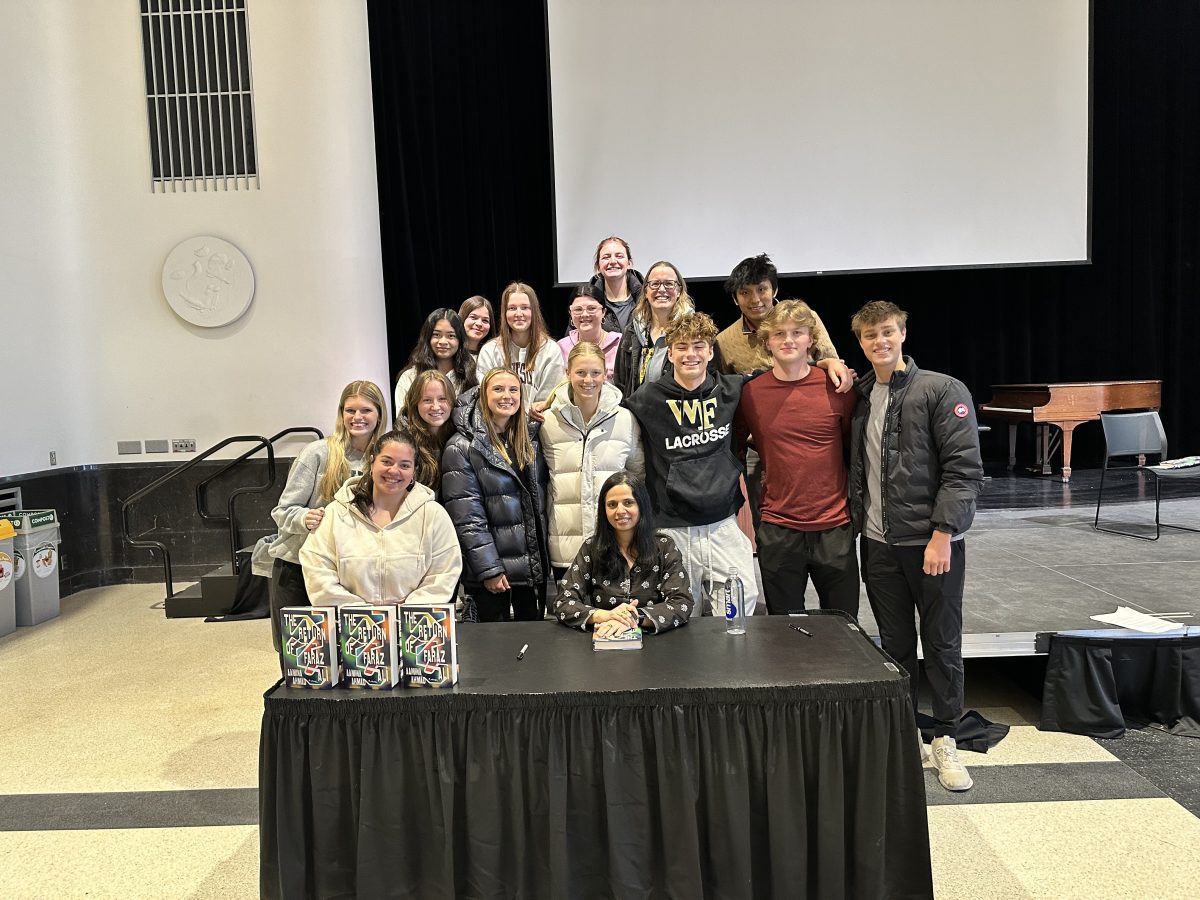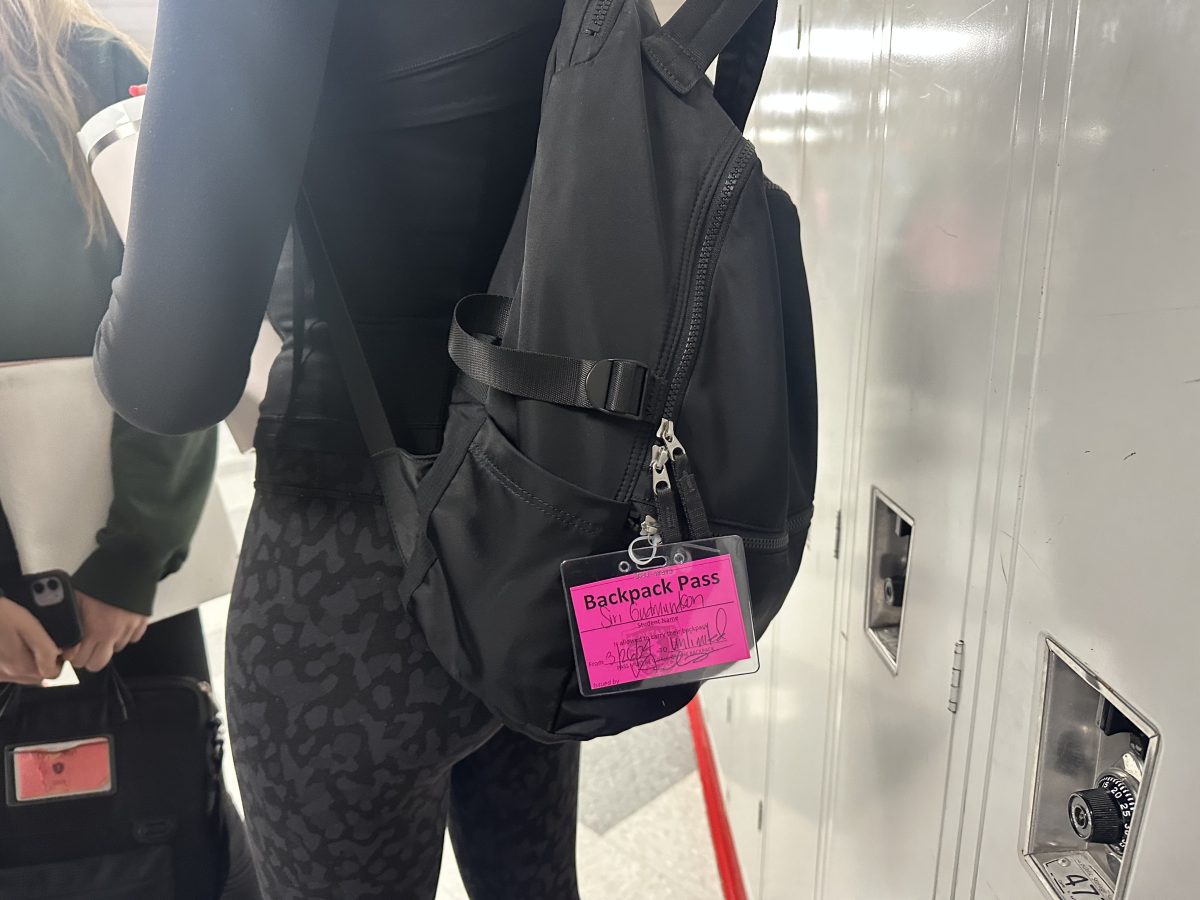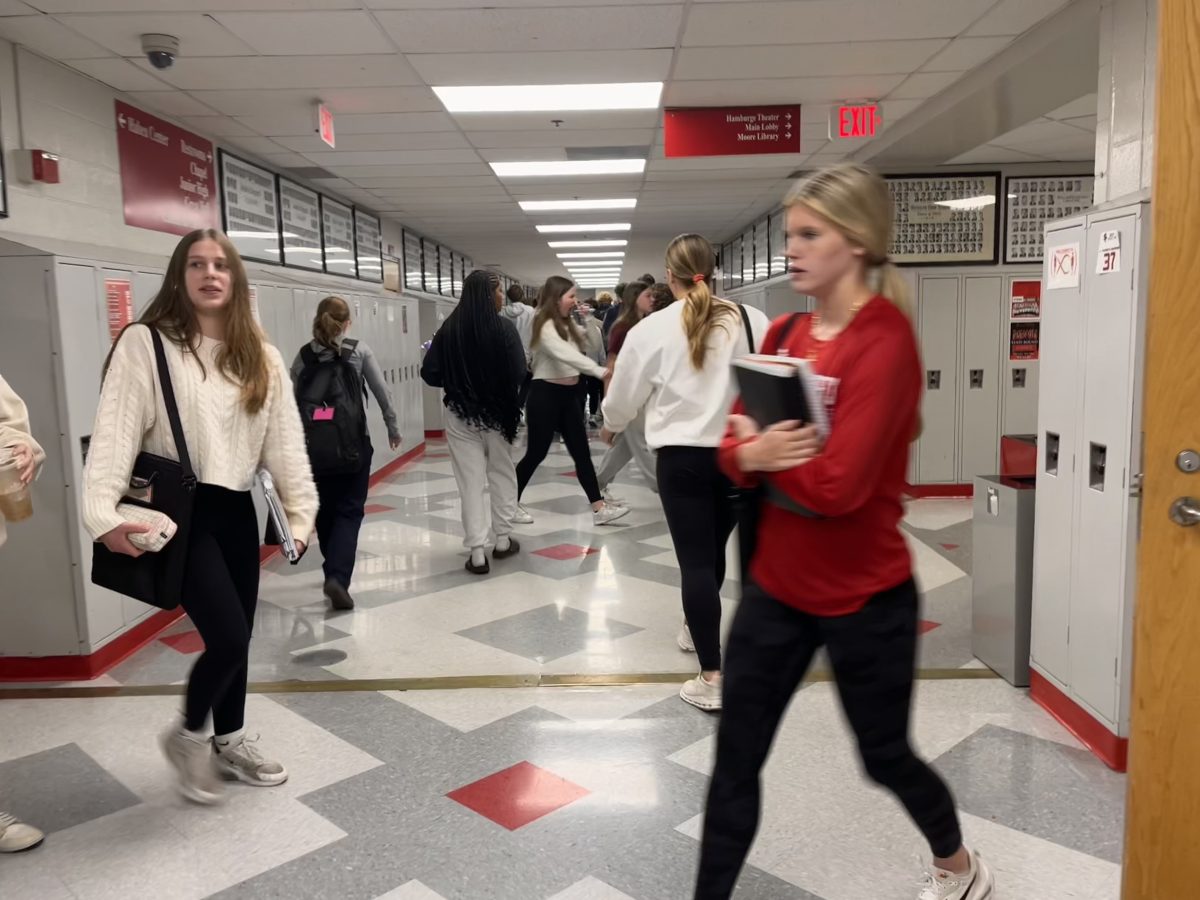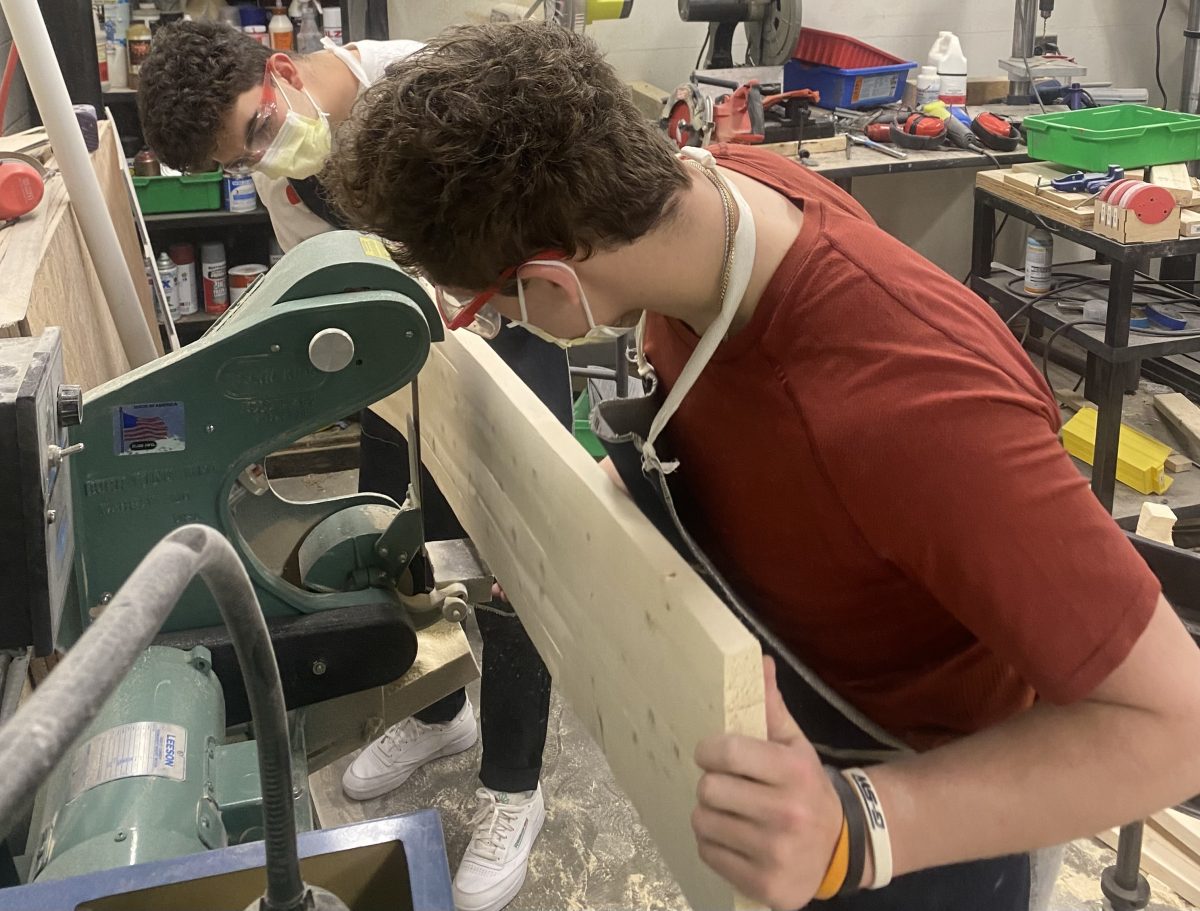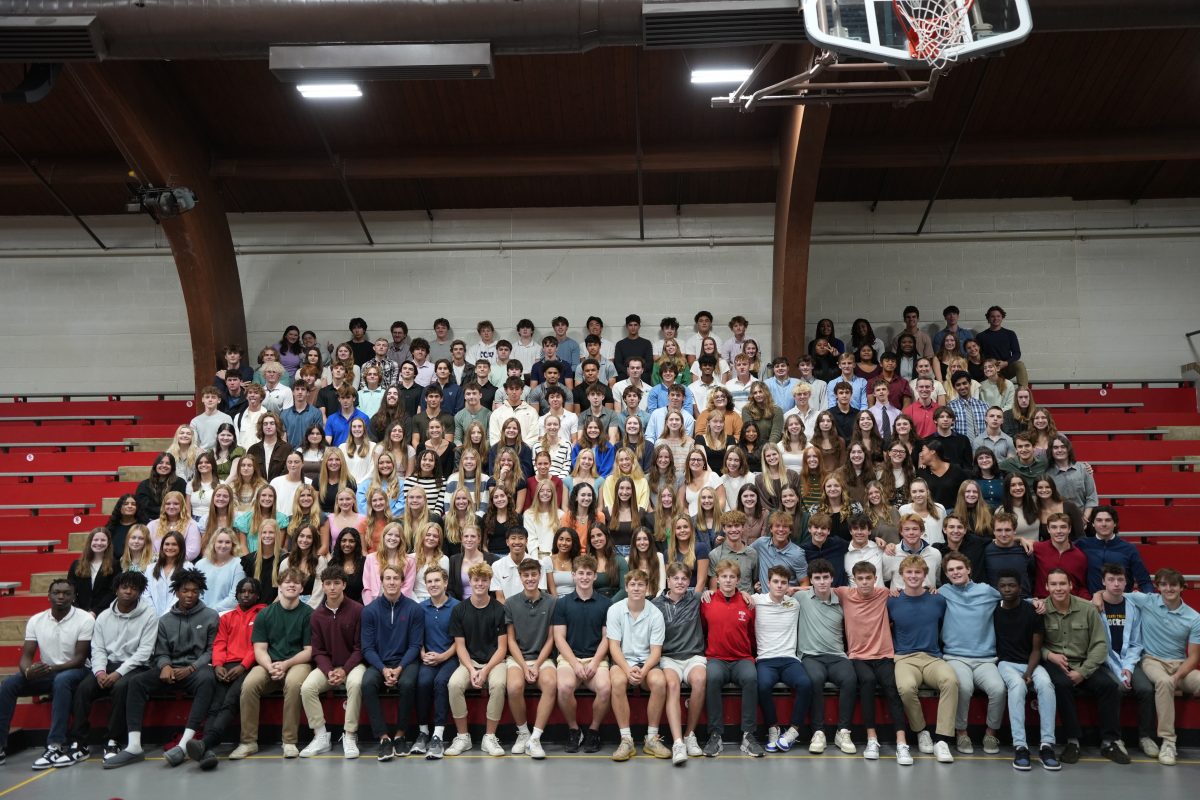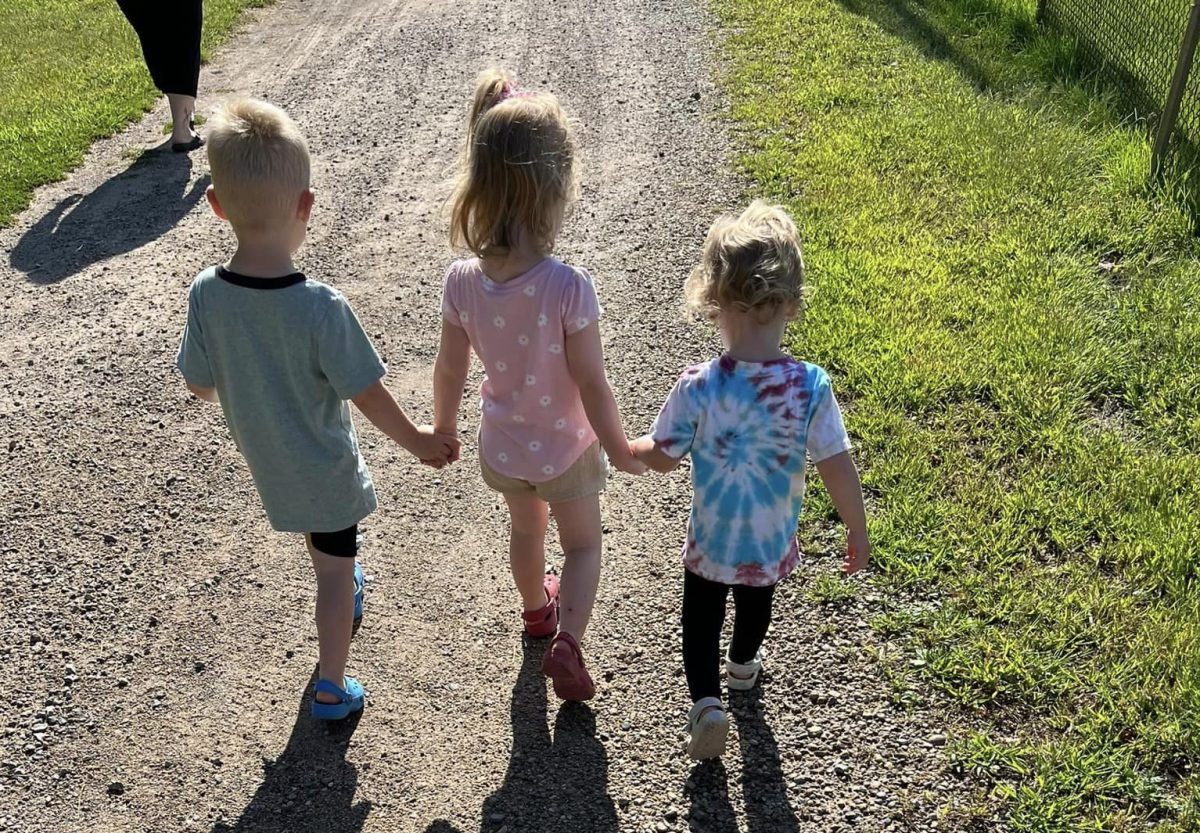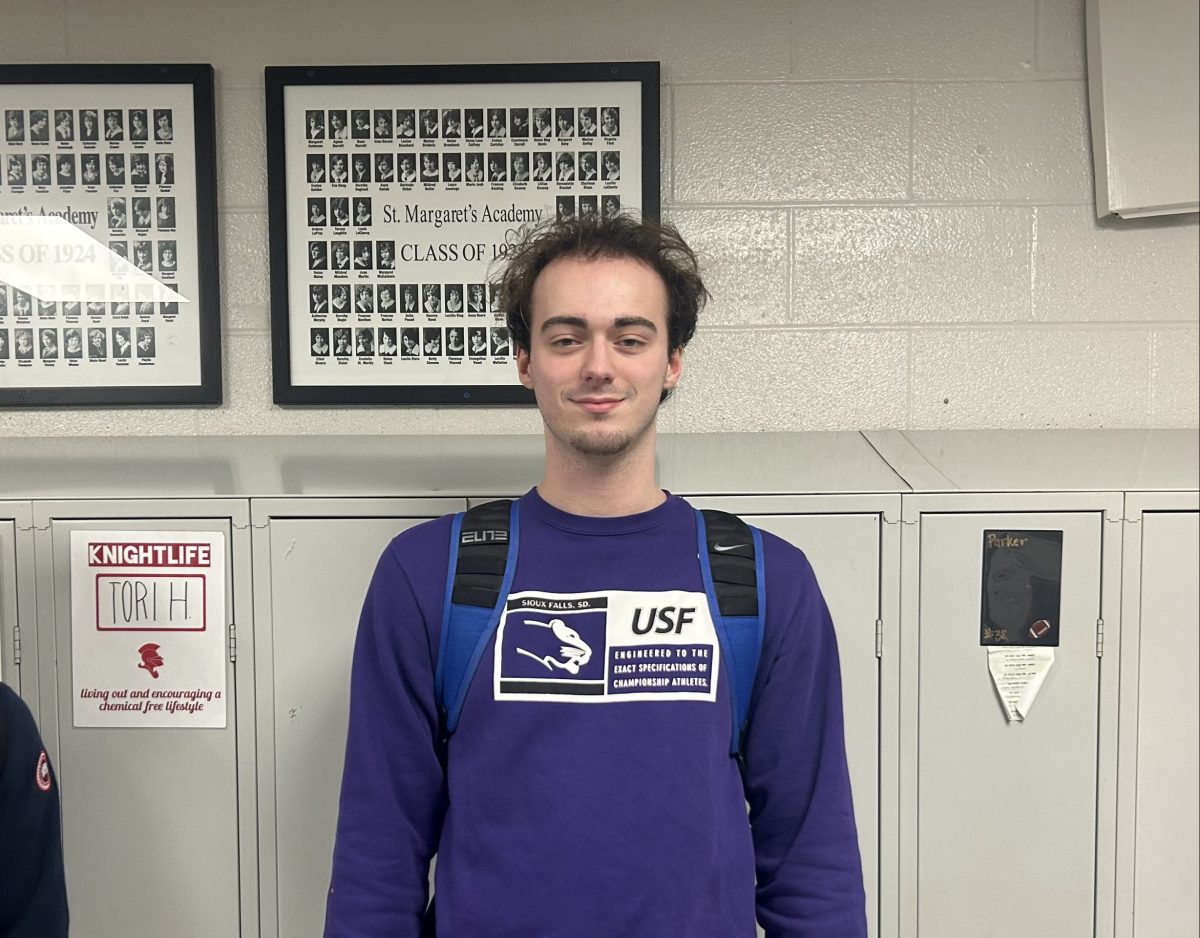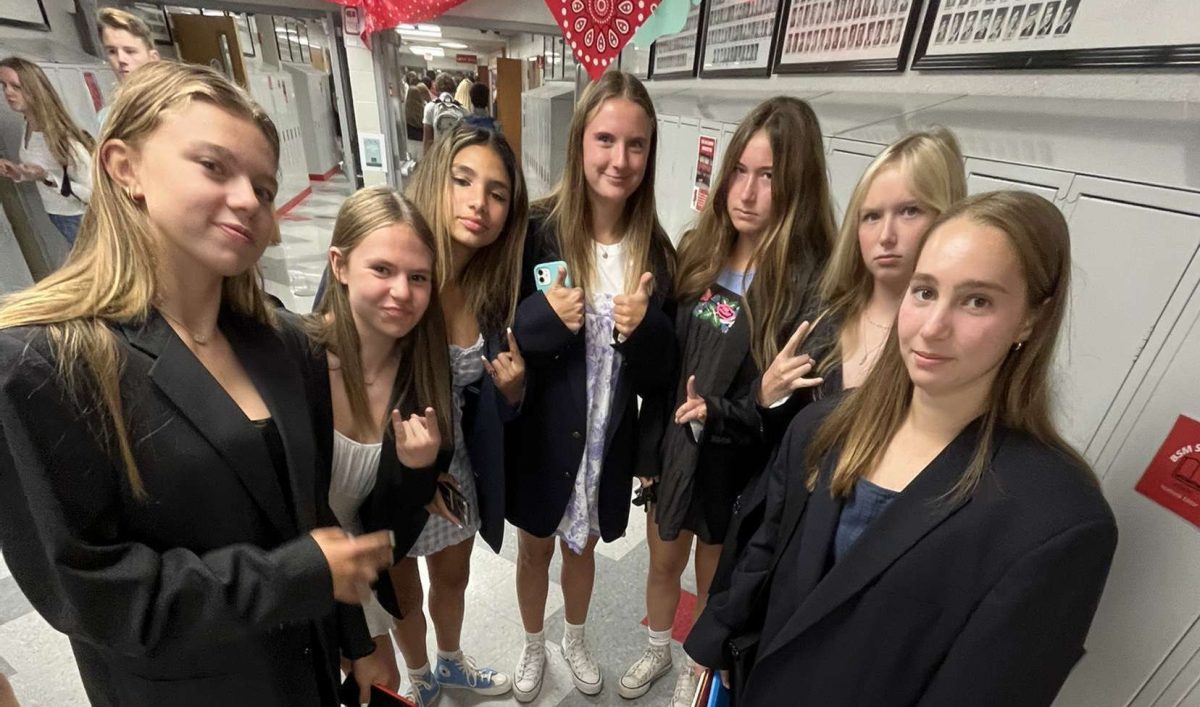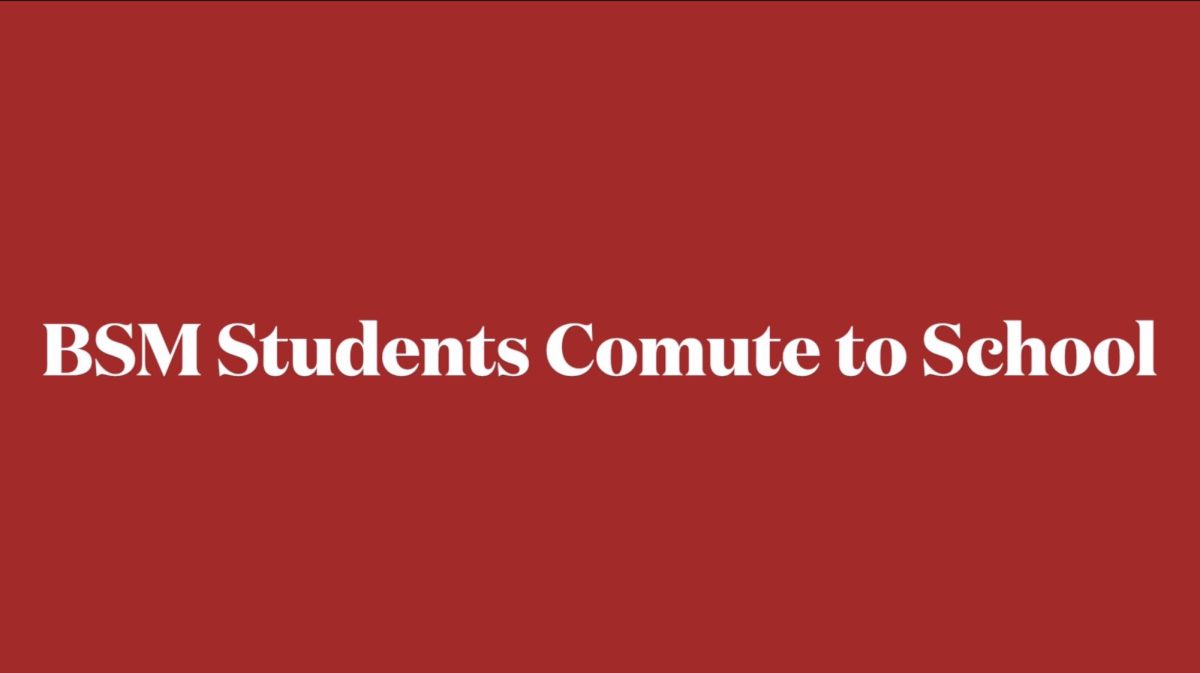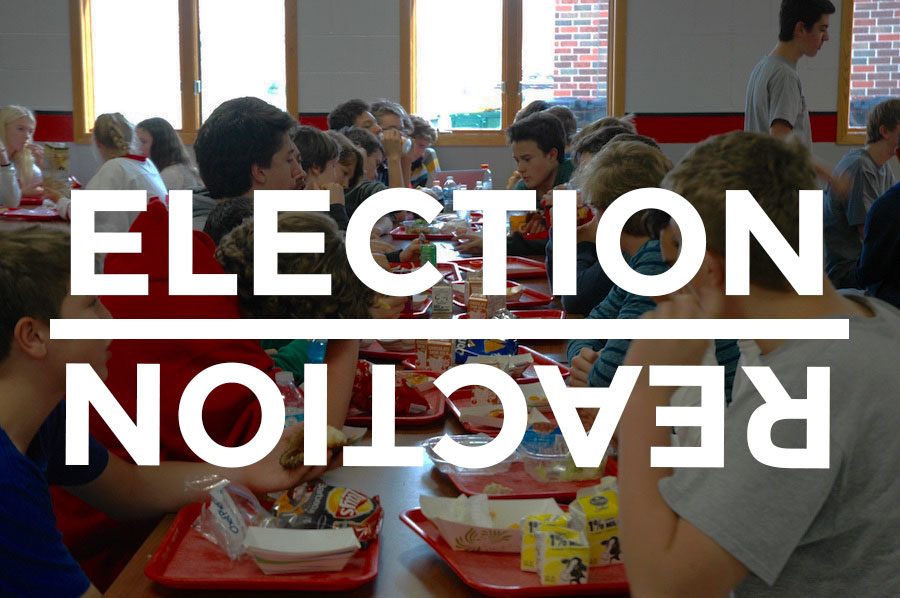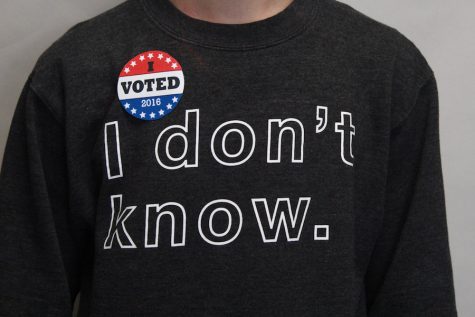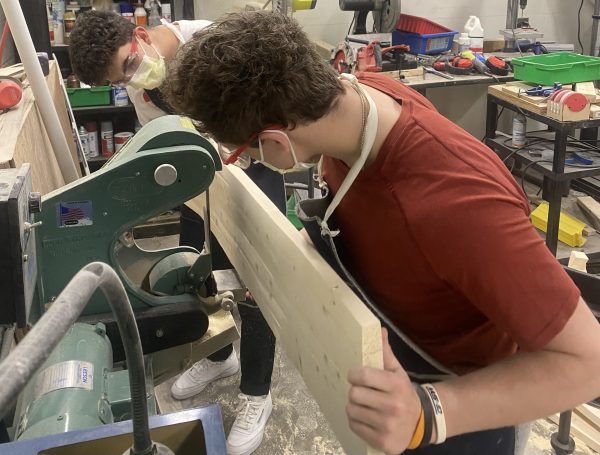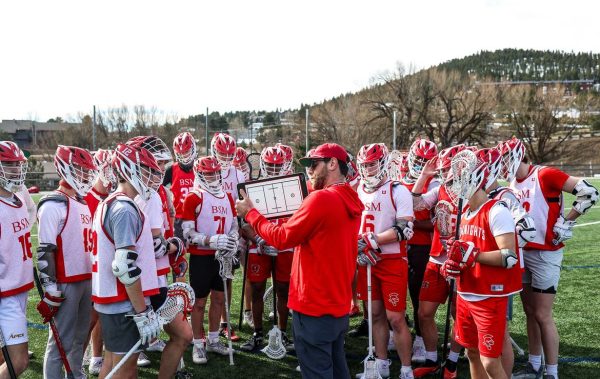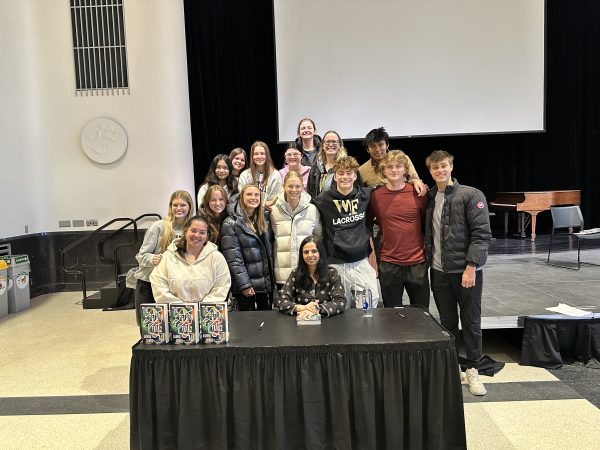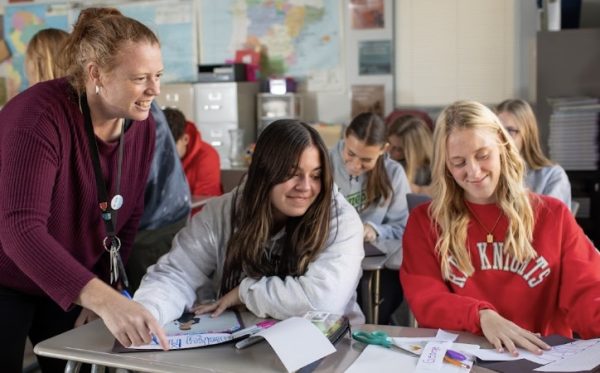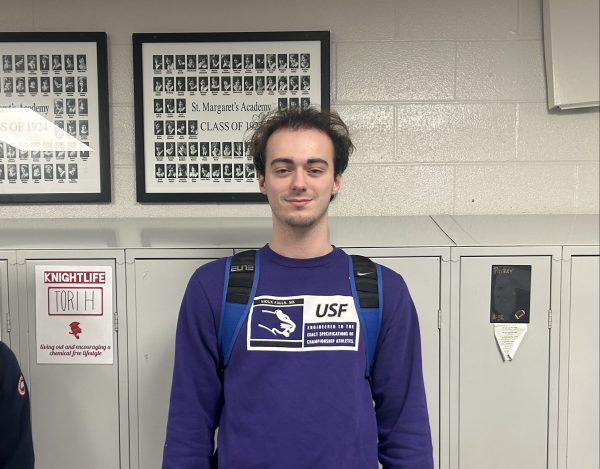Presidential election sparks a week of mixed reactions from BSM students
Some BSM students foresaw Trump winning the election. Others did not. Regardless, when the votes came in and states started swinging out of Clinton’s favor, students had mixed reactions.
In an extremely politically divided nation, it was only to be expected that the post-election emotions of BSM students would vary. From students discussing politics over lunch to the chants of the phrase “Build a Wall,” the Commons/Cafeteria has been a hotspot of student expression this past week.
Updated 11.17.16
While the polls didn’t predict Trump’s victory, the BSM administration is not shocked that a polarizing atmosphere has engulfed the school, knowing it would happen no matter who won. “Educators in America have been anticipating throughout this election season, starting last school year, what we have presenting itself. There were kids last year around the country being rude to each other, and using the same language and tactics both sides use to be rude to each other,” Assistant Principal and Senior High Dean Ms. Mary Andersen said.
I felt nauseous just thinking about coming to school. — Morgan Bettin-Coleman
Many minority students at BSM, especially Latino students, believed that this election was more than just a Republican win and that Trump’s presidency could drastically affect their lives and especially their education. “I stayed up all night until five, and when I saw that [Trump] hit 266, my mom was really worried and started crying. My mom started off with serious conversations about what was going to happen as a consequence of his win. When I woke up and heard that he won, I was devastated with this feeling of fear, in fear of losing my basic rights,” sophomore Myrka Zambrano said.
On the other hand, BSM students who supported Trump began to eagerly anticipate his presidential term. “I was excited because I like him a lot. I didn’t like everything about him, but I felt like he was the better candidate. One reason I liked him is because he didn’t have a lot of political experience … And I know that he knows how to handle money and work with money, and I feel like that’s good for us and our economy,” senior Carson Haefele said.
Plenty of African American students, however, felt a sense of dread going to school Wednesday morning. “I felt nauseous just thinking about coming to school and the reaction, because the people who were for Trump, their beliefs and their support were confirmed. I was worrying all day that something bad was going to happen,” senior Morgan Bettin-Coleman said.
The day after election day, a group of students in the Commons/Cafeteria started chanting “Build that Wall” during the last lunch period. The group chanted it three times before administrators and faculty got control of the situation. The consequences for this chanting have not been made public.
I felt a lot of judgement. That judgement felt personal, and not at all related to the election. — Allie Lang
When it comes to the repercussions of what occurred, BSM lacked transparency, and while some see this as an excuse, BSM had set a precedent of confidentiality long ago and follows it closely. “For the safety of all students involved, we do not discuss any disciplinary measures. That is always how we handle [disciplinary] issues,” Andersen said.
Many Trump supporters never had the intention of doing anything out of the ordinary after the election. “[The day after the election] I said, ‘We just have to let it cool down because people are going to be hurt. Don’t rub it in their faces’… I think the day back should have been treated as a normal day,” Haefele said.
One of the core values in the BSM community is faith in God. Teachers and administrators alike want students to remember our school’s unifying factors, not the feeling of division spreading through the nation. “Our foundation is in God. No matter what our differences are, that is the one thing that we have in common and that can bring us together as a school. Because that’s what our school is built on, we do have hope for the future,” Assistant Principal and Senior High Dean Mr. Seborn Yancy said.
The uncertainty of not knowing what people will say and do because of Trump’s rhetoric during the campaign season has shaken some students to their cores. “Having people come up to ask me ‘When are you being deported?’ multiple times in one day is not a good feeling. It’s like them just saying, ‘Get out of here. You don’t belong here,’ and that is not okay at all…I feel like the whole school is against me because of my race and because I am a Hispanic woman at a white school,” junior Cristina Marier said.
In a similar way, students who support Trump and have expressed their views have felt tension at school. “I felt uncomfortable in class, and I felt a lot of judgment. That judgment felt personal, and not at all related to the election,” senior Allie Lang said.
People who identify as anything other than a Democrat feel that their beliefs are being generalized and that they themselves are being stereotyped. “I think that Trump’s association with racism causes some to immediately think of those who voted for him or supported him as racist, but considering that many people voted for him simply because they support the Republican Party, I think that’s really unfair,” senior Lucas Latterell said.
While the US electorate historically tends to elect the non-incumbent party, some African American students see the Trump win as a pushback from whites after an African American President. “That’s what students have been reflecting. You had your turn, now it’s our turn. That doesn’t make me feel like the United States at all. I don’t feel united at all. There’s a racial divide and [Trump] has supported that racial divide, and he has built his campaign off this racial divide,” senior Cyril Blake-Tene said.
I am hopeful that when mostly good people want good things to happen that life goes on in a positive way. — Mary Andersen
Trump supporters have been handling their discomfort in the charged environment at BSM and navigating the situation in their own ways. “I have caught people giving me the stare down in the hallway, but I don’t care. If you hate me, that’s good for you. If you like me, that’s good for me. I don’t think anyone likes being called a racist, because quite frankly I am not,” Haefele said.
In the face of possible ramifications of a Trump presidency, students who supported Clinton look for silver linings to bring hope and inspiration. “I feel like a lot of the minority groups have come together more for sure. It’s made us stronger. Even though it shouldn’t be, non-minority groups are making it an ‘us against them,’ so we’ve got to become closer and we’re not going to separate into our minority groups. We are all being oppressed. We all have to come together,” Bettin-Coleman said.
As the next few years unfold, it becomes crucial that communities remain intact, and hold each other accountable for creating positive change and progress despite external push back or delay. “Many things have happened during my lifetime in this country that I felt despair over in the moment, but I have great faith in my fellow human beings that we are mostly good people not just at BSM but in this country. I am hopeful that when mostly good people want good things to happen that life goes on in a positive way,” Andersen said.
Editors’ Note: Originally, the Knight Errant interviewed additional students who supported the President-Elect. However, due to the toxicity of the environment here at BSM, they requested that their quotes not be used in the article. We continued to experience this after the decision was made to update the story.
Contradicting the posters in every BSM classroom, we are not letting love be sincere, and BSM is not a place of understanding at the present moment. Moving forward, we must bridge divides and cross partisan lines to channel our negative energy into creating positive change.

